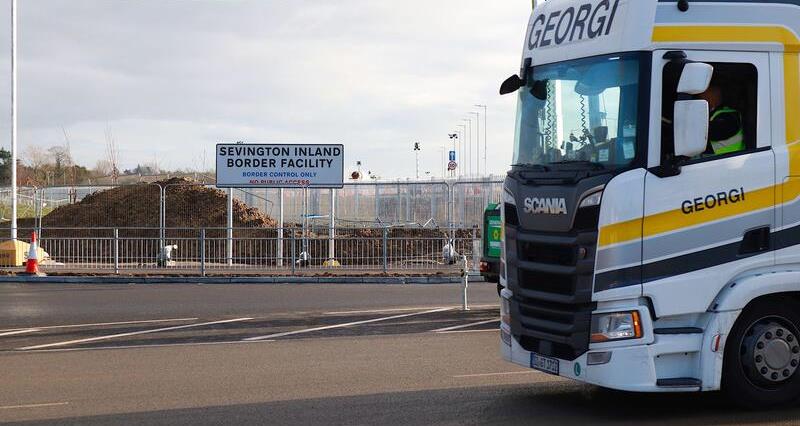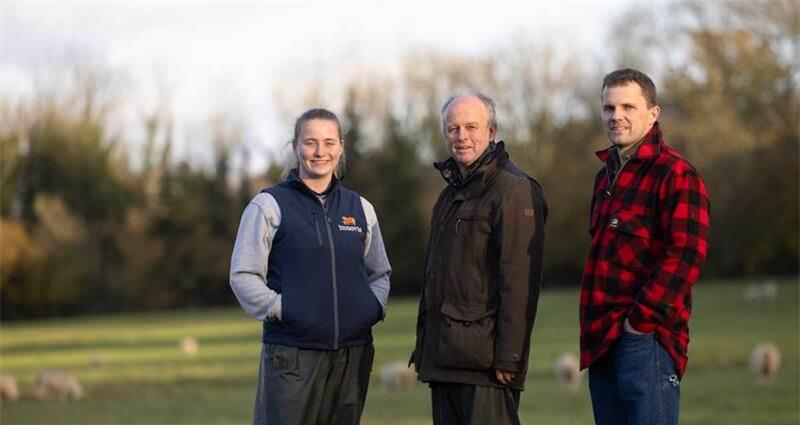The government has published the Common user charge: rates and eligibility, which will apply to commercial imports entering the BCP (border control post) at Sevington from 30 April 2024.
Members will need to pay the common user charge if they import a consignment of goods that:
- enters or transits through Great Britain through the Port of Dover or Eurotunnel
- is eligible for SPS (sanitary and phytosanitary) checks at a government-run BCP in England.
"We urgently need clarity about how import charges will be applied and reassurance that for these new charges they will receive a high level of service at control posts."
NFU President Tom Bradshaw
The charge will apply even if the authorities do not select their consignment for SPS checks.
Participants of the ATTS (Accredited Trusted Trader Scheme) pilot will still need to pay the common user charge on imports eligible for SPS checks at a government-run BCP.
The charge will apply to each commodity line in a CHED (common health entry document) if members’ goods are eligible.
It will apply to separate commodity lines even if they share the same commodity code.
We are seeking more detail from government on how commodity codes will be applied.
The new rates
The following rates will be charged for each commodity line in a CHED.
|
Commodity type |
Imports |
Transits |
|
Low-risk products of animal origin (POAO) |
£10 |
£10 |
|
Medium-risk POAO |
£29 |
£10 |
|
High-risk POAO |
£29 |
£10 |
|
Low-risk plants and plant products |
no common user charge |
no common user charge |
|
Medium-risk plants and plant products |
£29 |
no common user charge |
|
High-risk plants and plant products |
£29 |
no common user charge |
The maximum charge for one CHED will be limited to five commodity lines, even if there are more than five commodity lines present in the CHED. This means the maximum charge per CHED is £145 for high-risk items.
Defra will issue an invoice monthly in arrears.
The first invoices will be issued no sooner than 12 weeks after 30 April 2024.
Need for effective and efficient import controls
NFU President Tom Bradshaw said: “The NFU has been pushing the need for effective and efficient import controls for years in order to protect the UK from biosecurity risks and disease outbreaks, so it’s good to see controls finally being implemented.
“Farmers and growers will only have a few weeks to prepare for these additional costs and paperwork. We urgently need clarity about how import charges will be applied and reassurance that for these new charges they will receive a high level of service at control posts.
“We are still working with government to make sure import controls are carried out at an appropriate place within the supply chain, in a way that recognises the needs and nuances of different sectors.”


